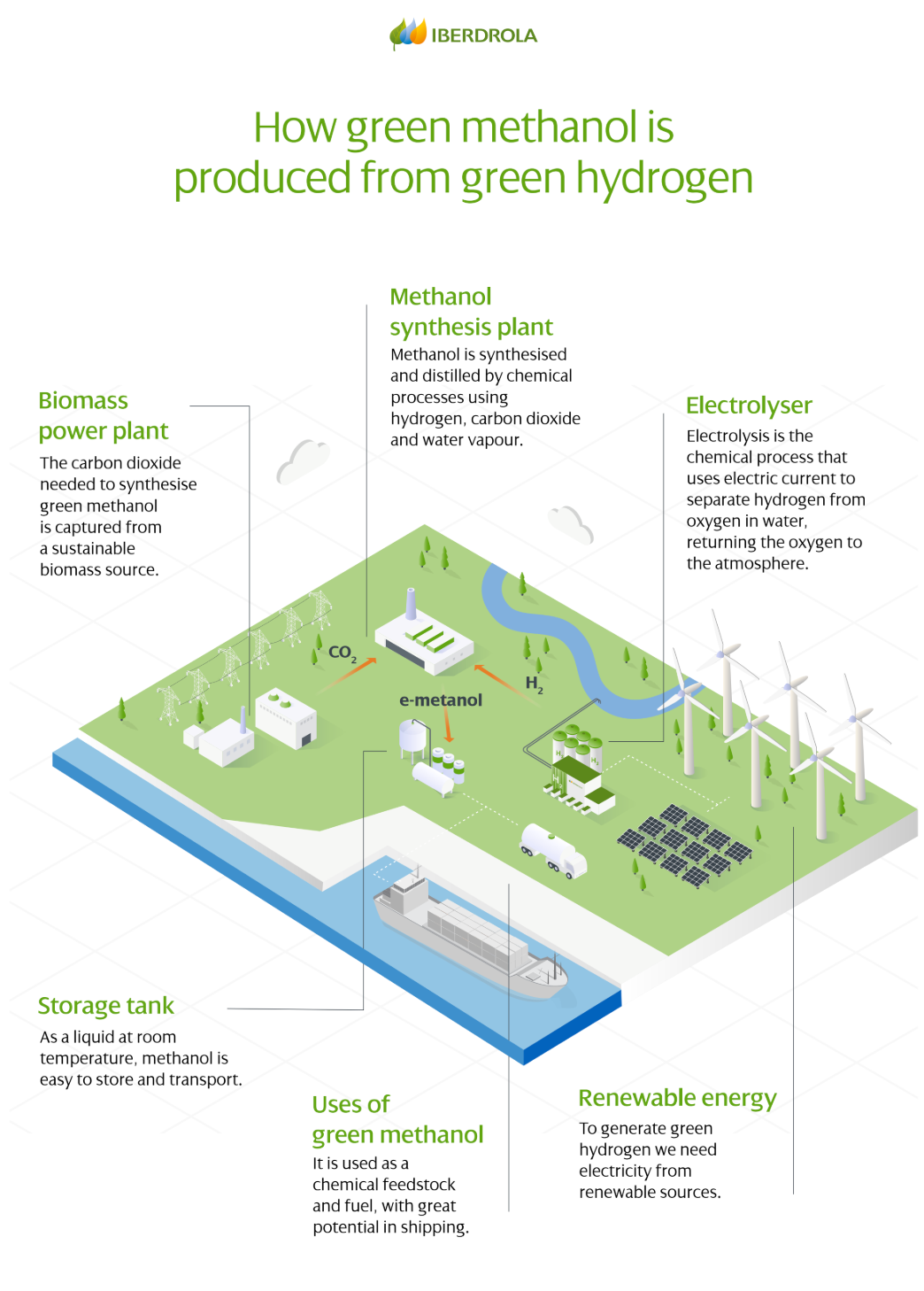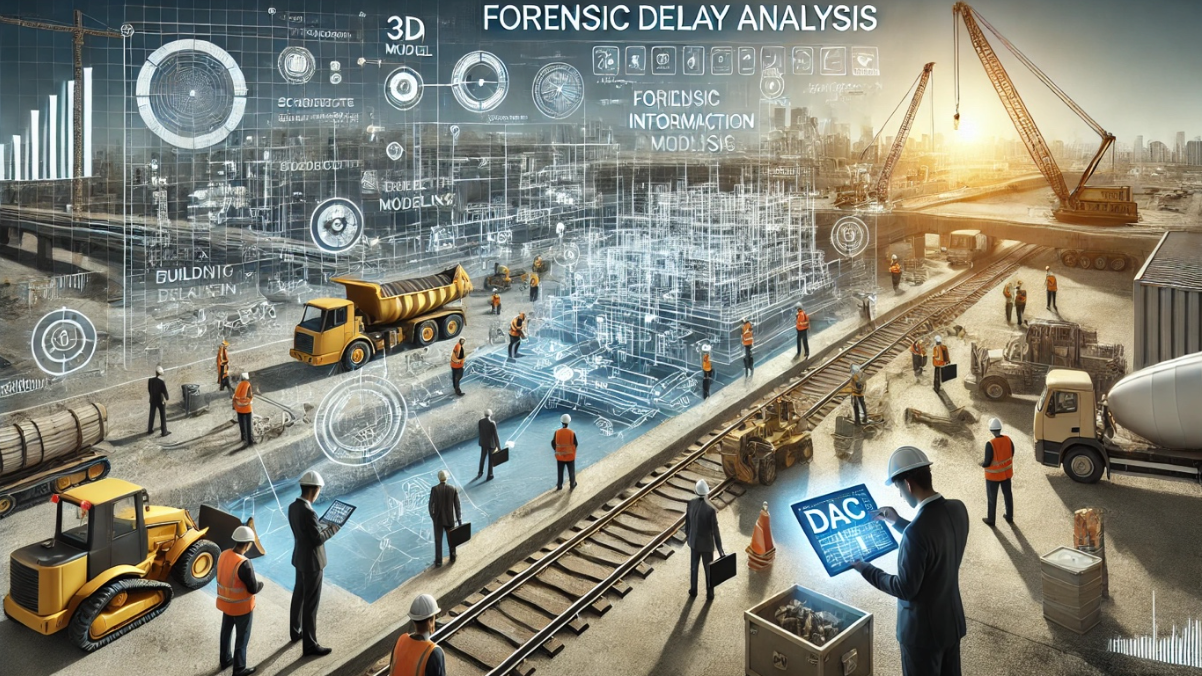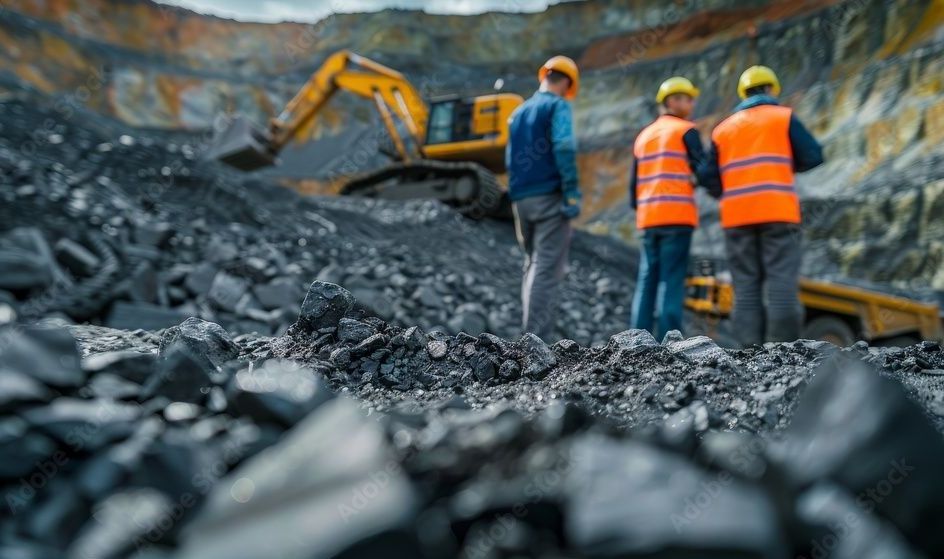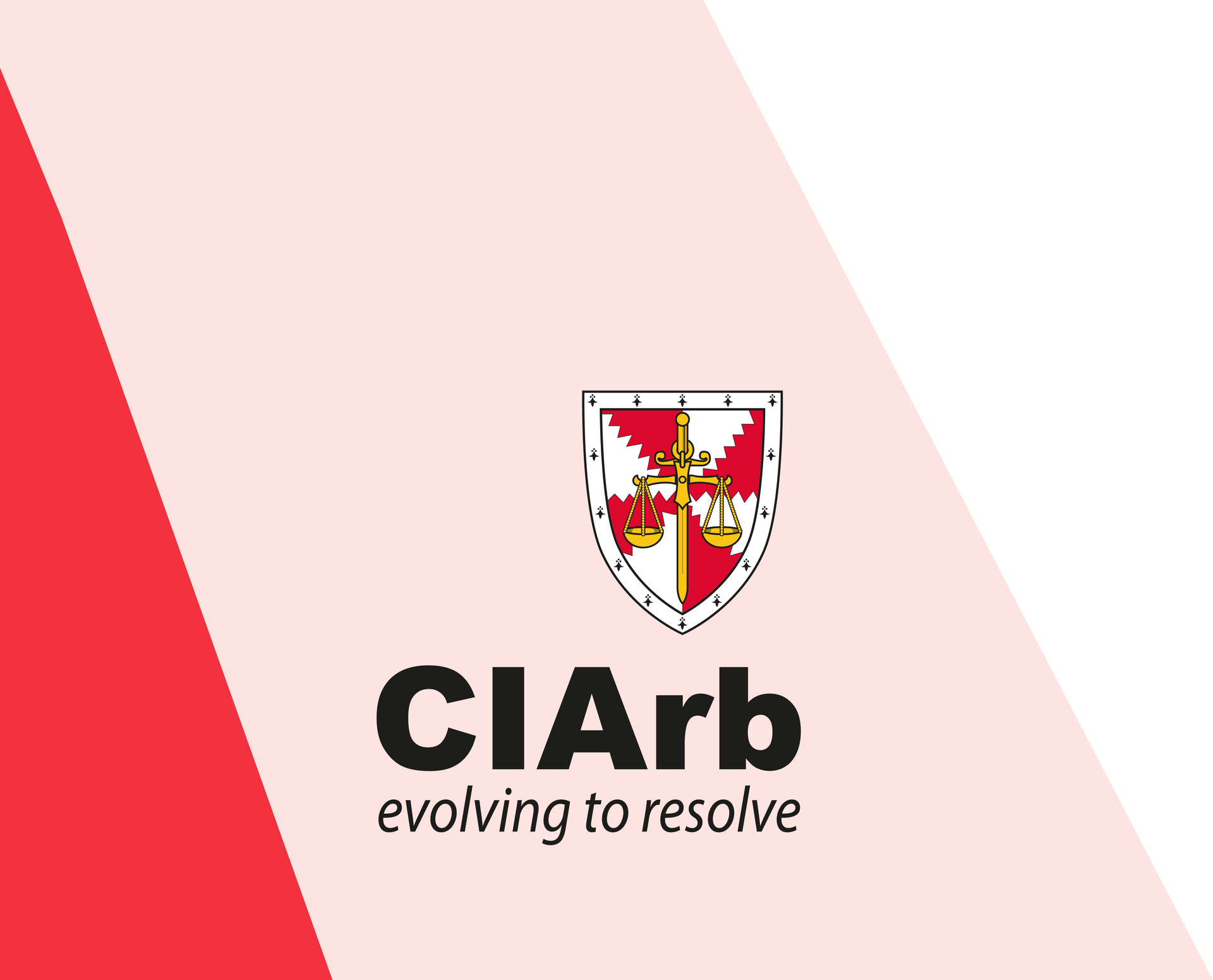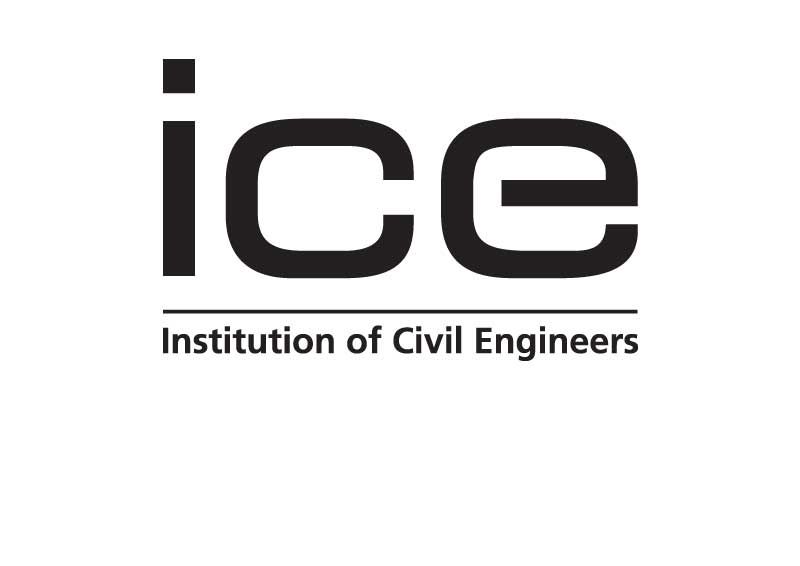FORENSIC ENGINEERING AND EXPERT WITNESS SERVICES
27 September 2024
Battery Energy Storage Systems (BESS)
A Battery Energy Storage System (BESS) is a system with batteries to store electrical energy and deliver it on demand.
They’re an integral component of the modern energy grid to improve grid stability, integrate renewable energy, and provide back-up power to the grid and people’s homes during power outages. But what do they look like? A typical storage system has batteries linked to inverters, thermal management systems and control systems that regulate and monitor the flow of electrical energy and ensure the safety of all components.
Key Features of BESS:
- Energy Storage: stores surplus energy from renewable generation or the system when it is plentiful (that is, during off-peak hours) during periods of high system demand or low generation.
- Grid Support: To keep the grid up and running, it must provide frequency regulation, voltage control and load balancing.
- Backup Power: BESS can maintain power to important infrastructure facilities in the event of a grid outage.
- Peak Shaving: Releasing stored energy during peak demand will avoid the need to generate peak power plants that are very expensive.
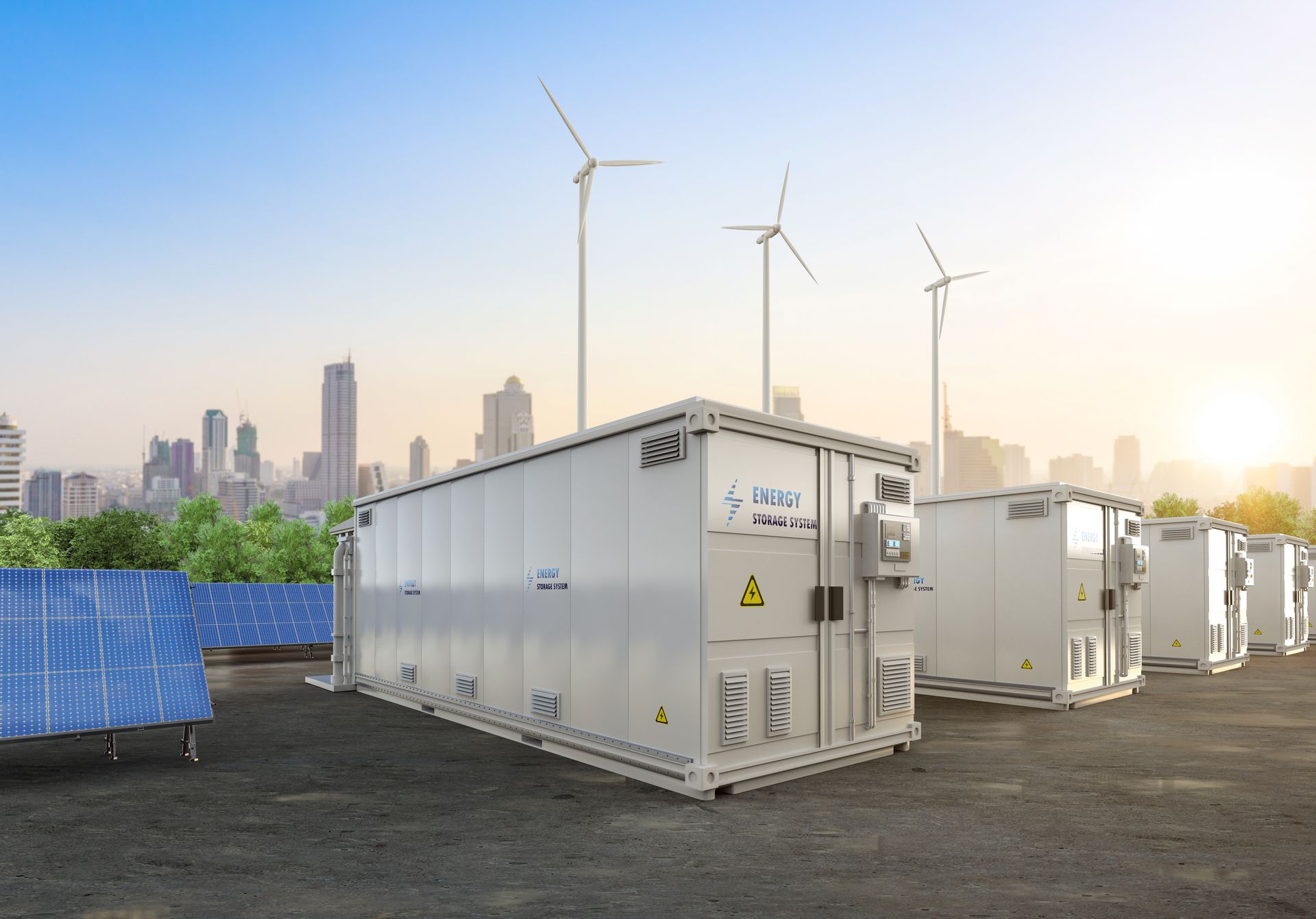
Renewable Energy Integration
Helps integrate renewables better by reducing their frequency variation Here are some other arguments recently noted in the literature:
unlocking growth in third-world countries by reducing energy costs improving the stability of electricity grids by allowing for configured demand reducing the need for capacity reserves in the electricity grid adding resilience to the grid by allowing for orderly shutdown of plants instead of crash-stopping units reducing greenhouse gases by reducing energy needs (even for non-renewable applications) other conserve-a-kWh arguments – reducing air pollution, improving national security, and using our planet’s resources more sustainably. Short of developing a time machine, Brown’s kWh Conservation argument seems to be the only one we could implement immediately to conserve energy. Brown also argues that the US is wasting large amounts of energy, at a rate much higher than current drop-off rates (perhaps as high as 50 per cent today, compared to a drop-off rate of around 4 per cent a year, representing only a 10 per cent saving per decade). He claims the evolved value of tonnes of coal equivalent for energy is more than $3,000 per tonne – that’s an astonishing $3,000,000,000 per thousand tonnes – so that if there are 1,000 tonnes of high-value coal burdened down in an ‘energy bus’, it would be worth $3 trillion. Consequently, Brown essentially proposes a form of latter-day alchemy to transform our wasteful world.
Common Battery Types Used:
- Lithium-Ion: most widely used for BESS because of high energy density and efficiency, as well as a long lifetime.
- Lead-Acid: Lower cost but shorter lifespan and less efficient.
- Flow Batteries: Better suited for large-scale storage and longer durations but currently more expensive.
- Solid-State Batteries: An emerging technology promising higher energy density and safety.
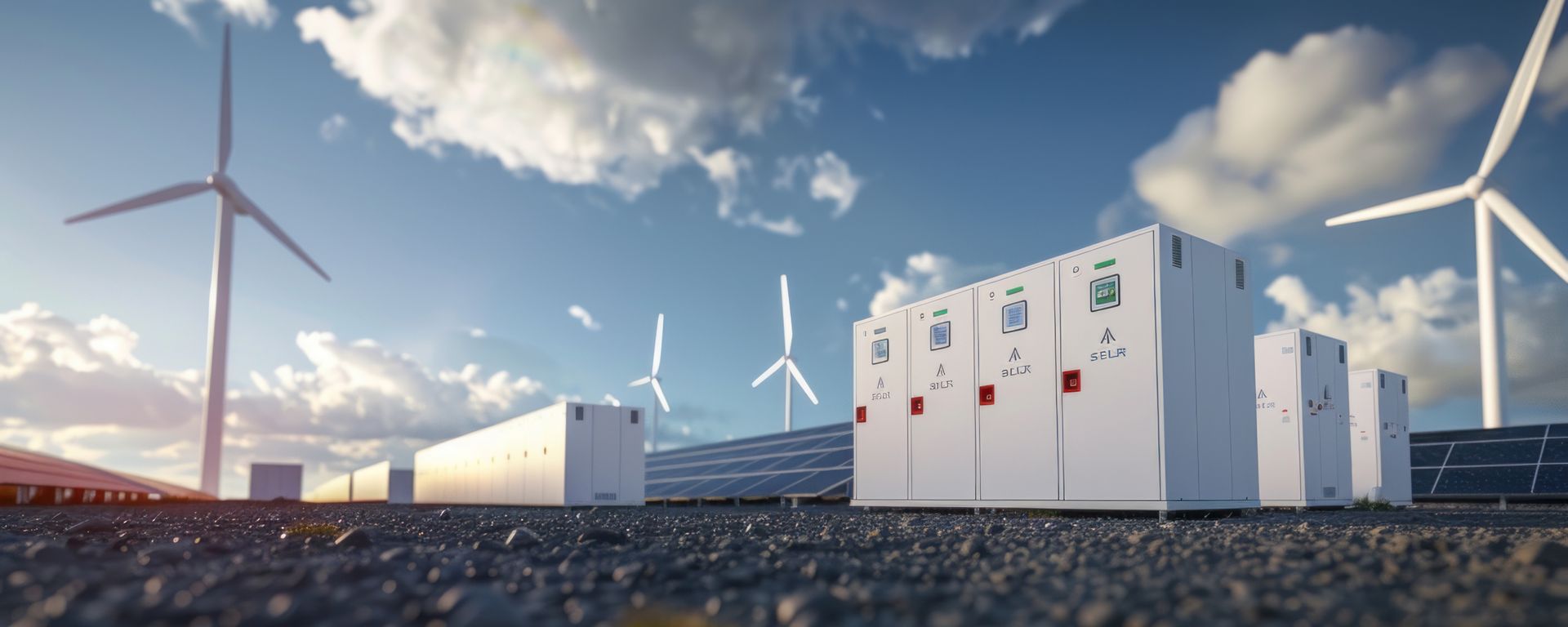
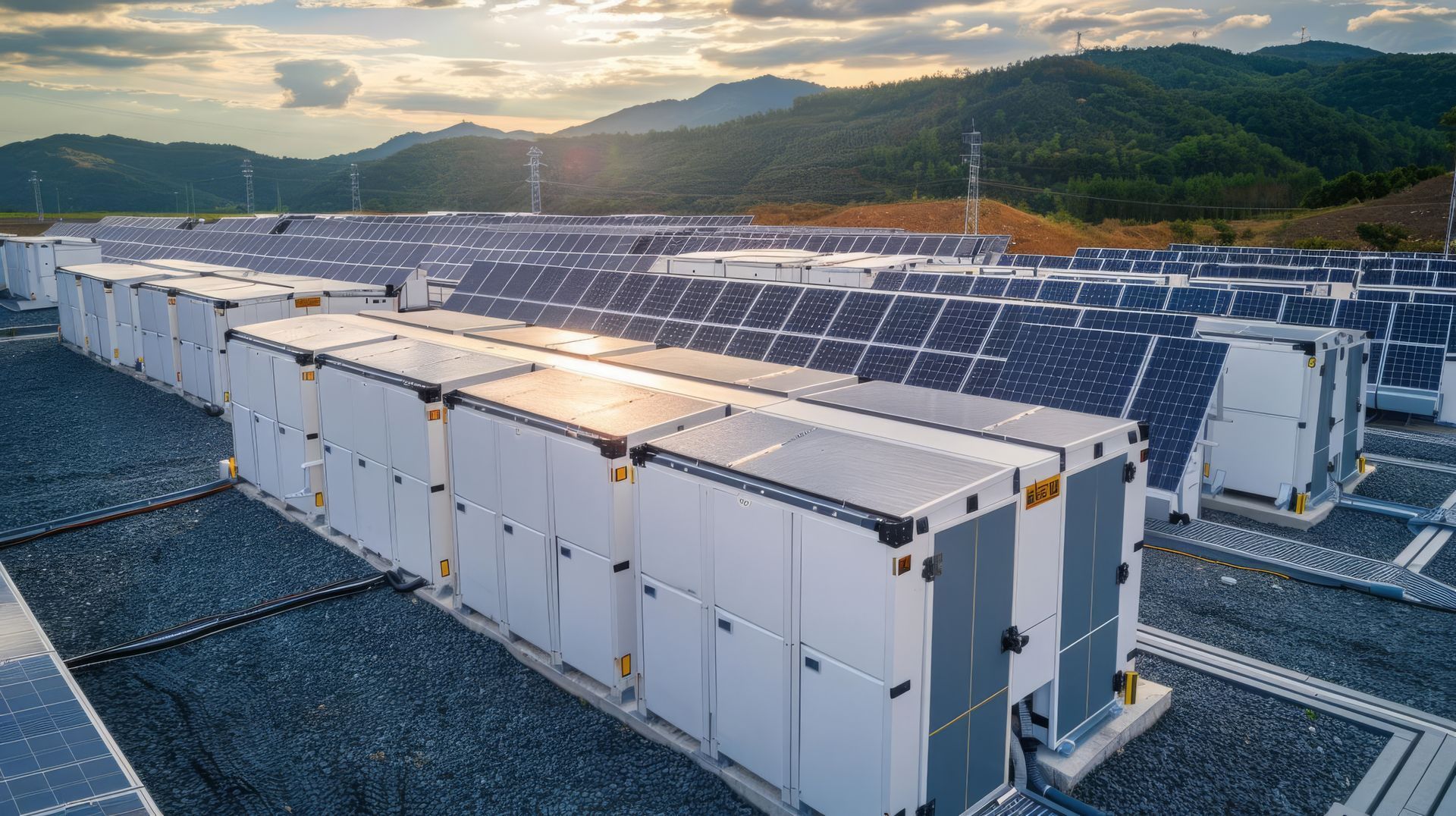
Applications:
- Utility-Scale: Large installations for grid management and renewable energy support.
- Commercial & Industrial: For demand management, backup power, and energy cost optimization.
- Residential:
Home energy storage paired with rooftop solar.
If battery energy storage systems are part of the solution to the ever-more-resilient and lower-carbon energy future we are considering, there’s a good chance that energy storage will have a central role to play.
Do contact us if you have any disputes and claims related to the BESS systems.
Industries We Serve
DAC Consulting Services is proud to work with clients across a diverse range of industries.
Our tailored approach ensures that we meet the specific needs of every sector we serve


Oil & Gas
Supporting upstream, midstream, and downstream operations, we offer
expertise in pipeline disputes, offshore projects, and refinery challenges.


Power Generation
From traditional coal and nuclear facilities to modern renewable energy projects, we provide expert insights and technical support for efficient power generation.


Renewable Energy
As the world transitions to sustainable energy sources, our team helps clients navigate the complexities of solar, wind,
and hydroelectric projects.


Construction
We specialise in large-scale public and private sector projects, including airports, bridges, metro systems, and urban developments.


Manufacturing
Our forensic engineering and dispute resolution services are critical for industrial and manufacturing facilities, ensuring operational continuity and efficiency.


Infrastructure
From transportation systems to public utilities, DAC supports infrastructure
projects that underpin communities and economies.
Get in Contact
We are committed to delivering excellence, ensuring clarity, and supporting your success.
Whether you need forensic engineering expertise, expert witness support, or assistance navigating the complexities of your industry, DAC Consulting Services is here to help.
Request a Consultation
Simply fill in the form below and one of our experienced team will contact you to discuss your requirement.
Contact Us
We will get back to you as soon as possible.
Please try again later.
London (HQ) Office
79a Grapes House
Suite 4, First Floor, Esher
Greater London
United Kingdom
KT10 9QA
Business Hours
- Mon - Fri
- -
- Sat - Sun
- Closed








